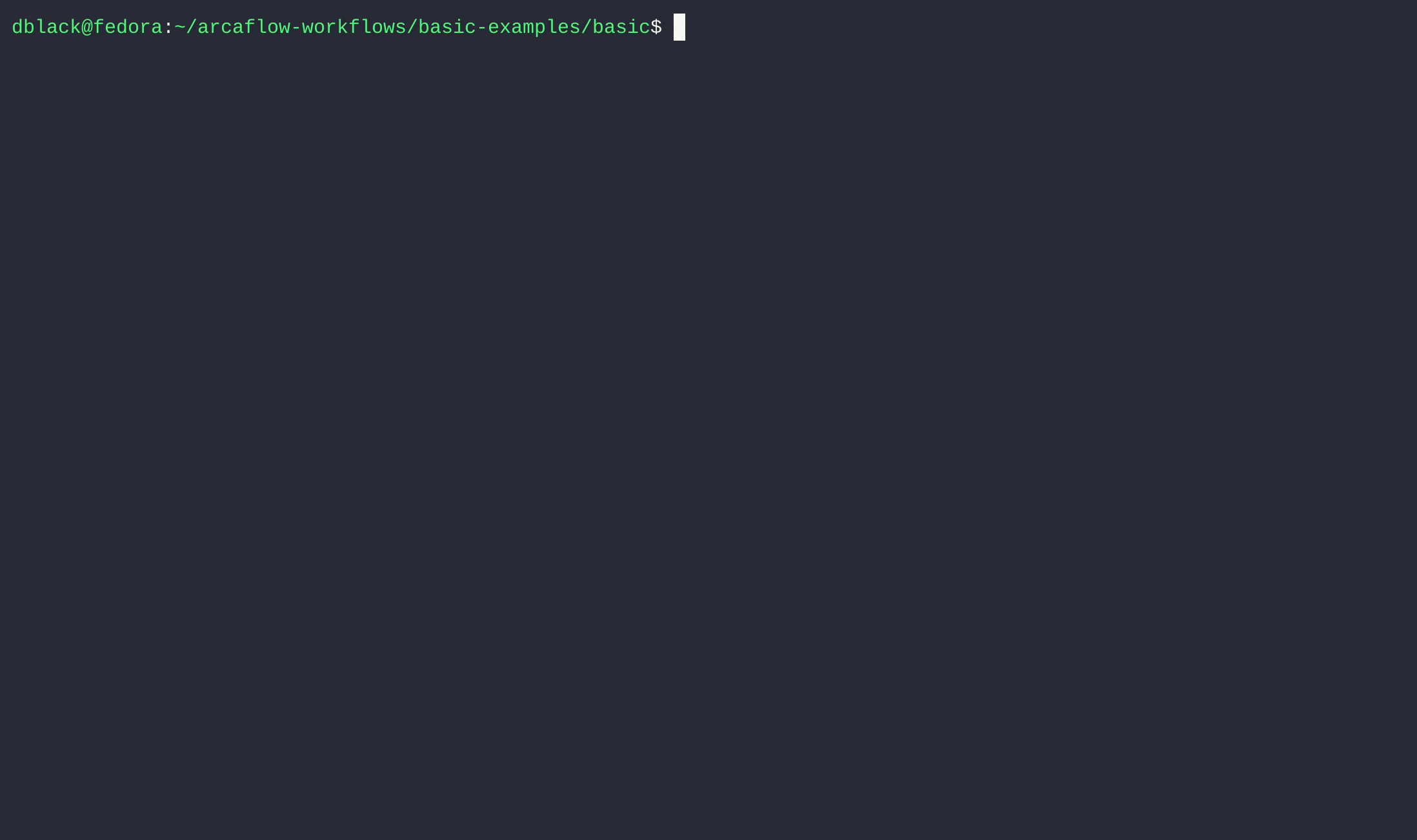Arcalot
The Arcalot community is dedicated to developing modular tools, plugins, and libraries with flexible implementations to be used independently or as complete end-to-end solutions. We believe in enabling automation and portability of complex tasks and in pre-validating actions to avoid costly re-runs due to late failures and incompatible data.
Arcaflow
Arcaflow is a workflow orchestration system consisting of three main components:
- The Arcaflow engine - Written in Go and delivered as a single binary
- Plugins - Delivered as Linux containers and developed with SDKs
- Workflow definitions - Written in YAML to sequence plugins and direct data
Arcaflow is highly-flexible and portable, helping you to build pipelines of actions via plugins. Plugin steps typically perform one action well, creating or manipulating data that is returned in a machine-readable format. Data is validated according to schemas as it passes through the pipeline in order to clearly diagnose type mismatch problems early. Arcaflow runs on your laptop, a jump host, or in a CI system, requiring only the Arcaflow engine binary, a workflow definition in YAML, and a compatible container runtime.
Arcaflow allows you to encapsulate and version-control expertise, making potentially very complex workflows easily portable among environments and automation systems. With an Arcaflow workflow, you can carefully craft a pipeline of actions that serves your direct needs and share that workflow virtually unchanged for others to run in different environments and CI/CD systems.
An ever-growing catalog of official plugins are maintained within the Arcalot organization and are available as versioned containers from Quay.io. You can also build your own containerized plugins using the the Arcaflow SDK, available for Python and Golang. We encourage you to contribute your plugins to the community, and you can start by adding them to the plugins incubator repo via a pull request.

Documentation
We work hard to bring the documentation to the user, meaning that you should find a lot of relevant documentation in the context of what you may be working on via readme files, be it the engine, the SDK, a plugin, a workflow, or a sub-component. Comprehensive documentation, developer references, and quickstart guides will always be located in the arcalot.io pages.
Community
We invite you to contribute! Check out the Issues in the individual repositories for ideas on where to get involved, or consider contributing a new plugin by starting with our python plugin template repository. Outside contributions and pull requests are of course always welcome.
If you want to get more involved with contributions, maintenance, and governance, consider joining the Arcalot Round Table (ART), our central community body. The ART currently holds bi-weekly video conference meetings. Please reach out to one of our ART chairs for more information.
You can find our general community health files like our code of conduct and contribution guidelines in the .github repository. If you have any questions or suggestions, please use the Issues in the respective repository.